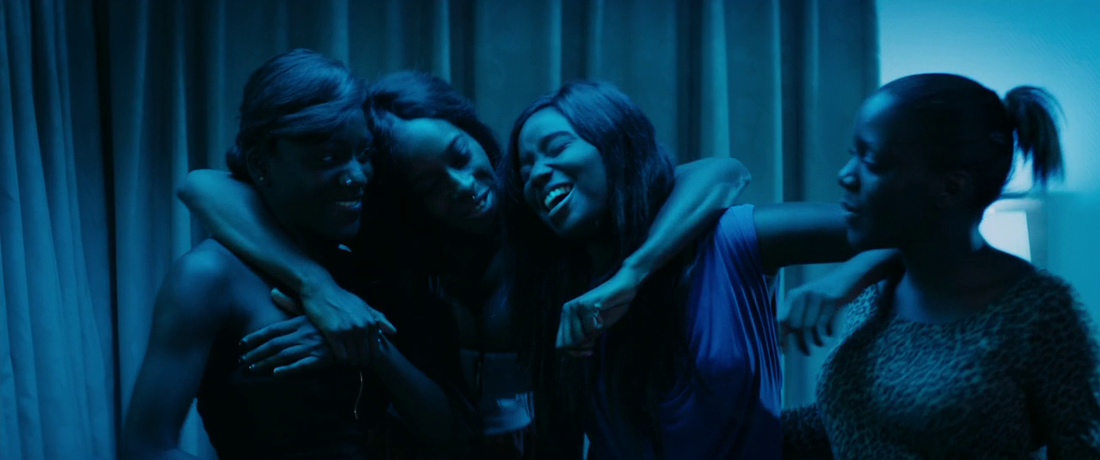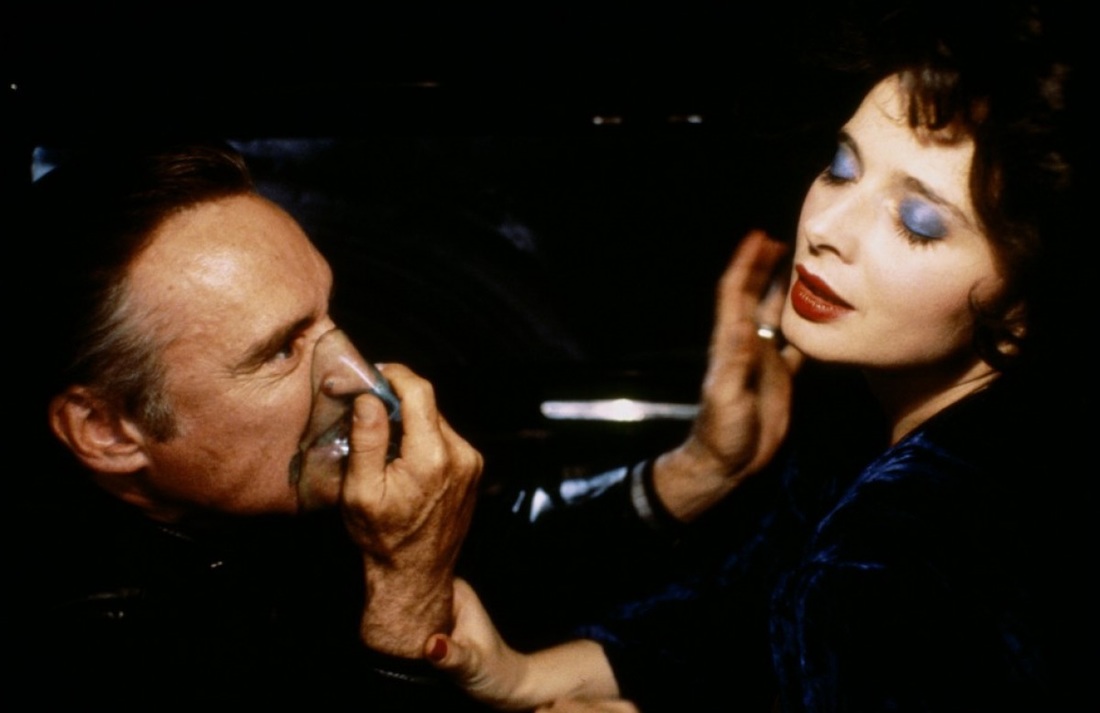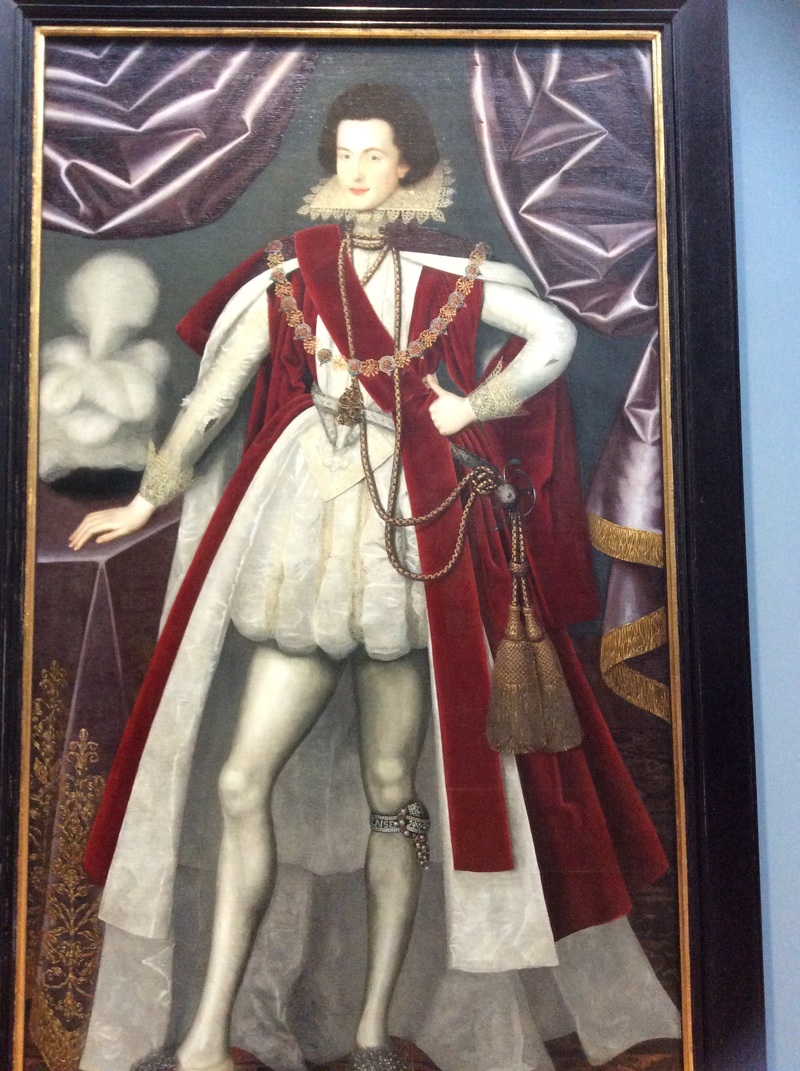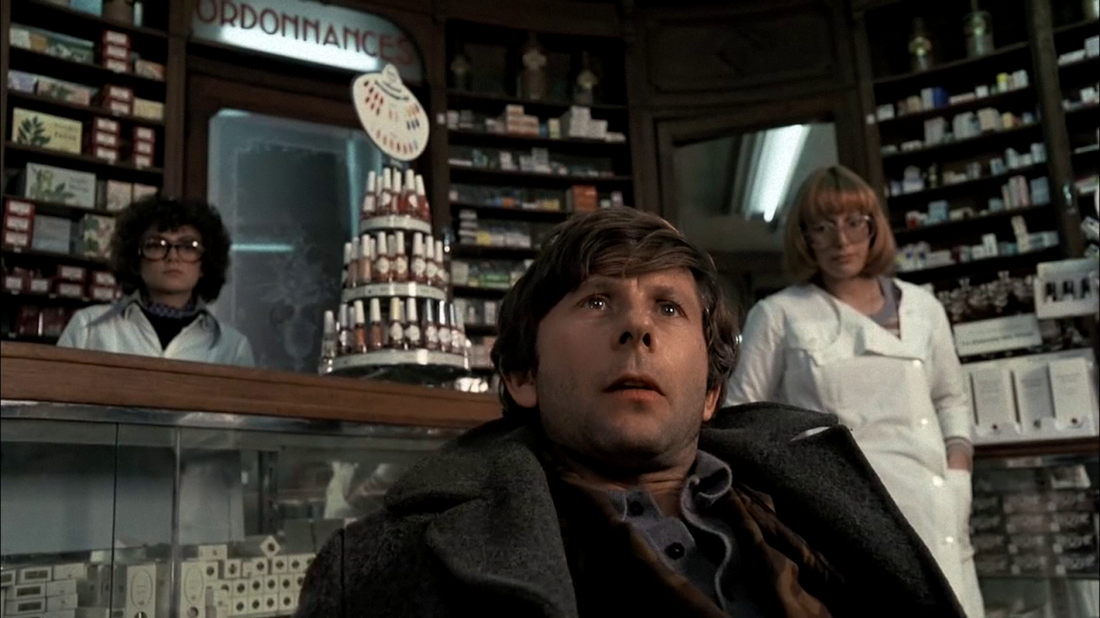“To avoid criticism say nothing, do nothing, be nothing.” ― Aristotle This week we delivered 10 main beats for our feature idea.... and then threw them out the window.
By setting aside the constrictions of the beat-sheet structure, we can approach the story from another angle, with methods that will flesh out the character's emotional through-line, finding new ways to apply pressure to the situation, upping the stakes and jeopardy with every event. This means research and specifics, mood-boards and soundscapes. Not what the protagonist is like, but what they do, habitually, off camera. What makes them attractive, why do the characters fall in love and why should we, as an audience, fall for them? Every major beat should make our characters reassess each other. In the afternoon we talked negative pickup, soft money, equity and debt... and how if you want to get your film made, you should be thinking about how to get your film sold.... it's the same thing. Fun fact [see also very sad fact]: The individual to make most profit from a single film was *drumroll* Mel Gibson for Passion of the Christ, because he put the money up for production himself, and distributed it himself through his own company, Icon. He made $650m from that one film. So the moral of the story is that if you want to make money in this industry, try being a rich anti-semitic movie-star.
1 Comment
“The main thing I set out to do is tell the point of view of the antagonist as much as the good guy. And that’s the big difference between the way I write and the way most mysteries are written.” - Elmore Leonard This week we were at the National Portrait Gallery. We were asked to walk around the gallery and find a portrait that spoke to us. I chose this guy: George Villiers, courtier to James I. The first exercise was to write a stream of consciousness/monologue from the character's perspective, laying bare all their internal pain and longing.
The Unending Pain of George Villiers Honour'd, love'd, long'd for. O! What merry dance doth a courtier pirouette across this high polish'd stage? George Villiers, take heart, thou hath the longing even of the beauteous Nell De Beauvoir, for whom men should cast asunder their dear ailing grandmother and stomp her wrech'd remains but for one fleeting glimpse of that fine lady's fair ankle. And Nell doth love thee, George! Thou undeserving beast. For thou knowest that to take her as wife should only lead to her misery in a cold bedchamber, unburdened as she should be by thine amorous intent. Hark, ye Gods, for I shall make it plain. I love only one, and that one is my sweet lord and master, James I, King of these fair Isles. O! That I could weep mine pearl-white tears upon his princely lap, and tell him again and again, "My liege, I do love thee." But no. That should be a grave error. For I am kept in such manner to which I have become accustomed here, the wine, the lodgings, the finest, most revealing silk britches, all because none knowest of mine darker feelings for the King. And nay, none shall ever guess, (no matter how obvious mother thinks it) for I am a perfect image of butch masculinity in the eyes of the court. O! But how I long to tell the King of my deepest longing. How I dream of creeping in't his bedchamber in darkest night to do unspeakable, transcendent things to his holy sceptre. What is to say that he doth not feel the like for me? I am considered his favourite... But no. I must to chapel to pray for release from these terrible thoughts. Or if not that, that some fine day we shall be joined in love at the gates of heaven, to be together in the ever after, forever more. The next part of the exercise was to write another stream of consciousness against someone who has wronged your character, using the Stanislavski method of channeling personal experience into the writing and identifying personally with the pain of your protagonist. The final part was to imagine that the protagonist is actually the antagonist.... in your film. Unfortunately George could not be further from the antagonist in my film, but it's definitely a useful exercise. How many antagonists actually succeed in being rounded, believable characters? How much more satisfying is the story when the protagonist meets their match? Take Hans Gruber in DIE HARD. He is smart, funny, controlled and cunning enough to take John down. This makes John's journey all the more compelling because Gruber is just as intelligent and resourceful as he is. And he has real personality - we like spending time with him. "We’re past the age of heroes and hero kings. … Most of our lives are basically mundane and dull, and it’s up to the writer to find ways to make them interesting." This week we met for the first time with our assigned mentors and pitched our feature ideas in groups. We also pitched our TV ideas. This was in no way terrifying.
The best thing about this experience is being shaken out of my usual working patterns. First of all, doing some work instead of stalking people I hate on Facebook. Secondly, moving away from the crutches and go-to methods that can occasionally serve to put my ideas in a box. For example. I like lists. I have even been known to make use of a spreadsheet once in a while. The blank page scares me, so I like to set the story in stone as soon as is humanly possible. Which is, for obvious reasons, not always conducive to making the best story possible. So this has been the week of the mind-map. In the first one, I ask, 'What are the worst possible things that could happen to our protagonist?' This is a great way to generate ideas, because even if her 4 year old daughter isn't murdered, even if she isn't killed in a gun fight when the police unexpectedly turn up, we might want to see her threatened with these eventualities. This way, my hero's mundane and dull existence becomes a little more interesting to watch... The other thing that's happening is that I am steadily making my way through Polanski's back catalogue. Word to the wise... watching Cul De Sac, The Tenant and Chinatown back to back does not for pleasant dreams make... “Nobody knows anything...... Not one person in the entire motion picture field knows for a certainty what's going to work. Every time out it's a guess and, if you're lucky, an educated one.” - William Goldman. First week of the Storytelling for Screen course at The Screen Arts Institute run by Stephen May, with generous support from the BFI. We beat out the opening scenes of Die Hard and make an educated guess at the protagonist in Ice Age (here's a clue: it's Manny).
Here's a breakdown of THE BIG EIGHT questions to ask when you're watching a film:: 1) What's the Genre? (how is the audience feeling? laugh, cry, fear, dread, indignation?) Most films (esp. for kids) are cross genre. List them in order of importance. 2) Who is the protagonist? 3) What is his/her status quo? (back story prior to inciting incident) 4) What is the event that breaks the status quo? 5) Now that status quo is broken, what is his/her goal? (What does he want? What is unconscious goal? What does he need?) 6) Who or what stands in his way? What are the forces of antagonism? TIME? Satre - 'the beginning of stories is scarcity' - time running out is the essence of drama. Geography, the elements, internal fear. 7) What is at stake? (What is the best thing that could happen? What is the worst thing that could happen? How could the worst thing turn out to be the best thing?) 8) When does the climactic sequence begin and end? First step on a road I'm going to be walking for the next year, by the end of which I'll have a completed screenplay, a bunch of new contacts, and a good chance of getting a film made in the near future. Plus, I'm watching cartoons at 11am on a Wednesday morning. Things could be worse. |
STORYTELLING FOR THE SCREENA blog about The Screen Arts Institute's 'Storytelling for the Screen' course, taught by Stephen May and supported by the BFI. Archives
December 2016
Categories |
|
© 2024 Ruth Sewell. All Rights Reserved.
|





 RSS Feed
RSS Feed